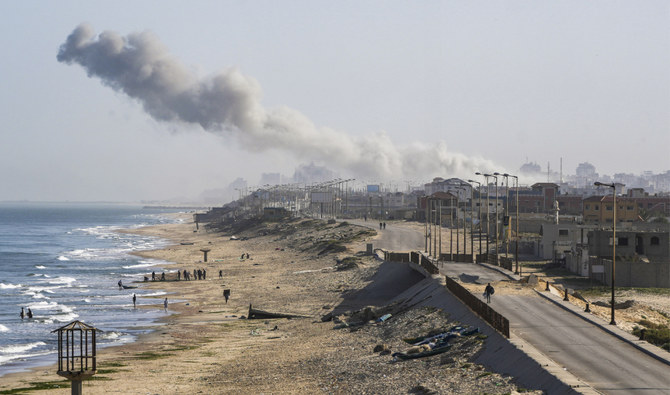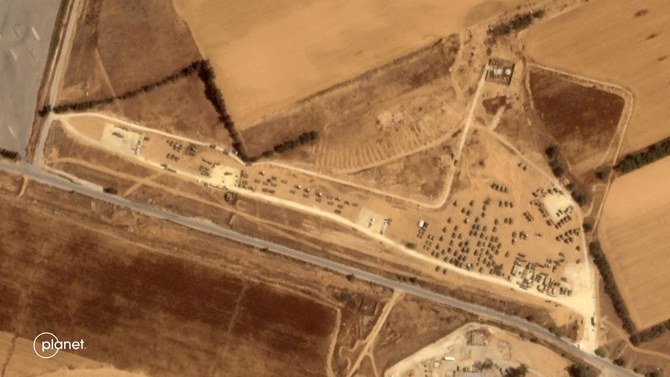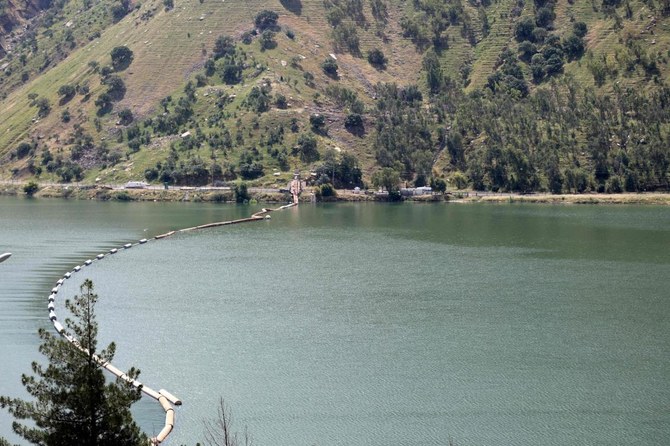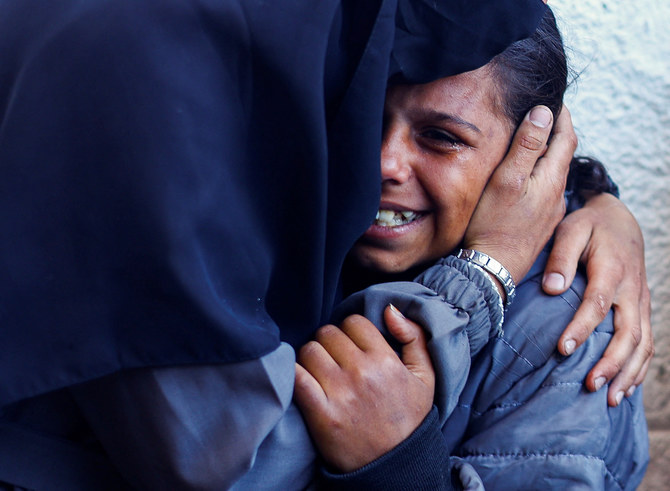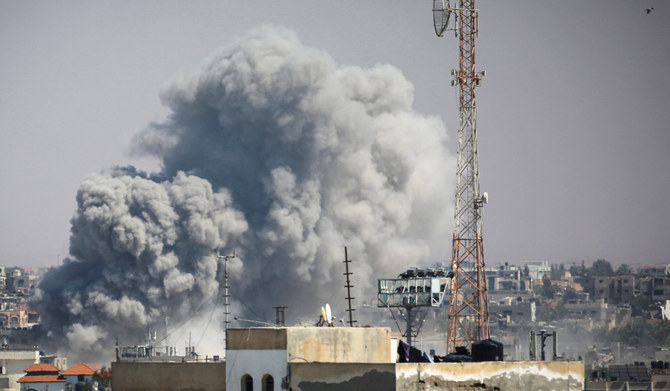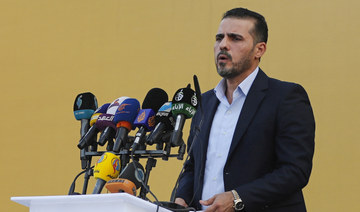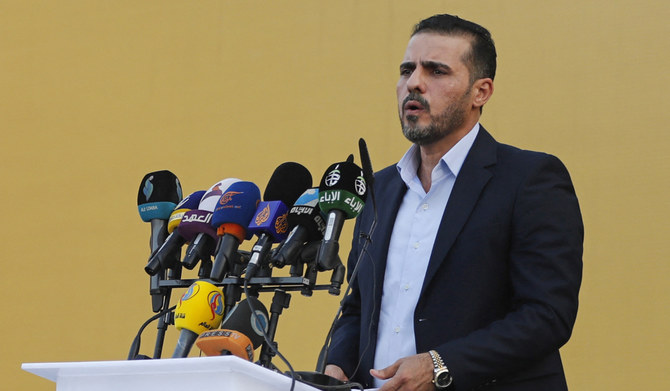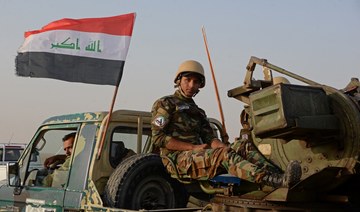NEW YORK: France on Monday announced that it will introduce a “comprehensive” UN Security Council draft resolution that calls for a permanent ceasefire in Gaza.
Nicolas de Riviere, France’s permanent representative to the UN, told reporters in New York that the new draft “deals with the most pressing matters. It calls for an immediate ceasefire in Gaza without a time limitation. It also demands the immediate, unconditional release of all hostages.
“It condemns the terrorist attacks by Hamas that took place on Oct. 7, and it demands immediate and full humanitarian access.”
The text, a copy of which was obtained by Arab News, calls for “an immediate ceasefire guaranteeing the protection of civilians and humanitarian personnel as well as the massive delivery of humanitarian aid to the civilian population of Gaza.”
The draft also requests that the UN secretary general develop options for a UN role to monitor the ceasefire in Gaza.
It also demands the “immediate and unconditional release” of all hostages held by “Hamas and other terrorist groups,” as well as ensuring humane treatment of, and immediate humanitarian access to, the hostages.
The French resolution condemns “in the strongest terms the heinous terrorist attacks by Hamas and other terrorist groups” on Oct. 7, 2023, and the taking of hostages.
It condemns “sexual violence including rape used as a weapon of war, committed by Hamas and other terrorist groups,” and calls for accountability for such crimes.
It also demands “immediate, full, safe and unhindered humanitarian access to the civilian population throughout” Gaza, which is facing “alarming levels of acute food insecurity.”
It further demands the opening of all crossing points into and inside the Palestinian enclave, as well as the opening of Israel’s Ashdod port and a land route from Jordan to Gaza.
The draft resolution also addresses reconstruction, recovery and governance of Gaza. It calls for a “sustainable solution” to the situation there, stressing the importance of “the re-establishment of effective control over the Gaza Strip by the Palestinian Authority and of ensuring contiguity with Jerusalem and the West Bank.”
It also calls on the international community to support the PA “as it progressively assumes its responsibilities in the Gaza Strip.”
De Riviere said the UNSC must address the root causes of the Israeli-Palestinian conflict, and the draft resolution urges the international community to intensify its efforts for the achievement of a comprehensive, “just and peaceful solution” to it.
“The ongoing crisis has shown that a negotiated solution should be achieved urgently through decisive and irreversible measures toward a two-state solution,” he added.
“France believes that it’s now high time to adopt a comprehensive approach in order to end the ongoing crisis in Gaza, allow de-escalation in the region and ensure that no Oct. 7 can ever happen again.”
The draft urges “the intensification of international and regional efforts, including through direct negotiations, for the achievement of a comprehensive, just and peaceful solution to the Israeli-Palestinian conflict, on the basis of the relevant United Nations resolutions, the Madrid Terms of Reference, including the principle of land for peace, the Arab Peace Initiative, and the Quartet road map.”
A negotiated solution should be achieved, according to the draft, “urgently through decisive and irreversible measures” toward a two-state solution where “two democratic States, Israel and Palestine, live side by side in peace within secure and recognized borders based on the 1967 lines, with security arrangements that respect the sovereignty of Palestine and end the Israeli occupation that began in 1967, ensure the security of Israel, including against terrorist threats, as well as a just settlement of the refugee problem, consistent with international law and relevant UN resolutions.”
France presented the text to other UNSC members on Monday. No timeline for the vote has been set yet.



